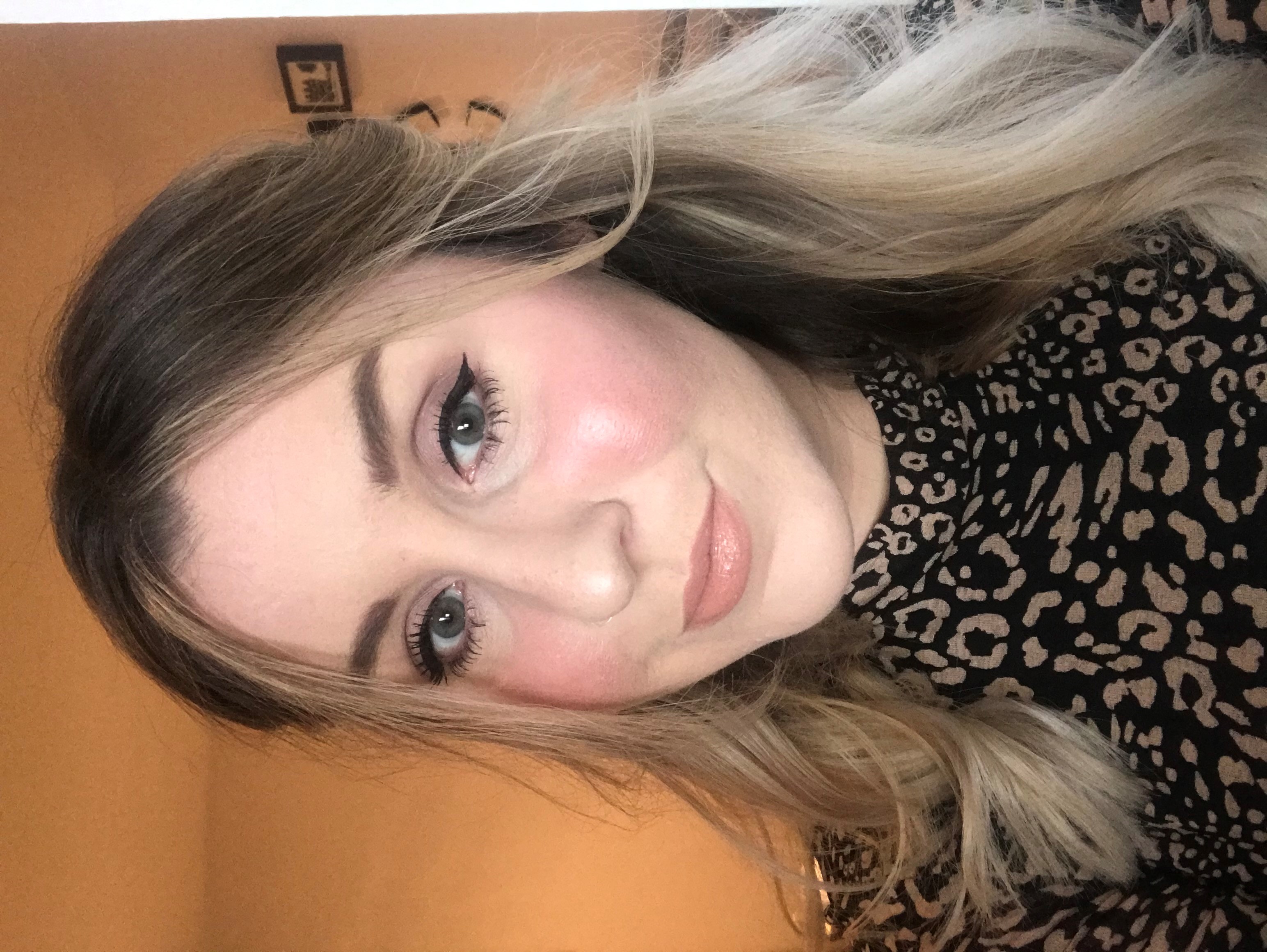Charlie Gray, a voice from the next generation of protection talent
Charlie Gray - Learning and Development Specialist at LifeSearch

Over the last few years, I feel like there has been a real shift in the protection industry with more focus being around clients getting the right cover by getting the right advice. We have seen more brokers shifting to an advised route rather than non-advised.
Protection is not simple. As such, it should not be a pick and choose and off you go. Instead, it should be tailored to a person’s individual circumstances ensuring that should the worst possible thing happen to them or to their family, that they are fully financially protected during the worst time of their lives. Even though we are seeing this shift, at the same time there are also a lot of rogue brokers out there that keep popping up. These rogue brokers pretend to be other businesses and sometimes even make out to be the insurers themselves which is a huge concern. They get clients to cancel the right cover for the wrong protection leaving huge gaps when people need it the most, this then also affects the businesses that do things the right way by creating claw for them and their advisors.
What I like and dislike about the industry is, therefore, the same thing but from different angles, more people are doing the right thing and we need to work together against the rogue brokers.
It has also been great to see more focus around mental health across the industry with some insurers taking great strides in improving their underwriting to offer better terms. More insurers are agreeing that suicidal thoughts are not the same as actual attempts giving more scope to choose the right cover for clients. We do however still have a long way to go, especially when it comes to those who suffered with mental illness years ago and have been symptom-free for a long time.
Even more so on income protection, as a lot of insurers exclude mental illness on the plan for minor recent symptoms. At some point in our lives, most of us will suffer with mental illness to some extent. We should not penalise those who choose to ask for help and speak with their GP by adding exclusions. Instead, we should be embracing that they were willing to speak up as they are less likely to suffer again. Mental health is becoming more normalised which means that more and more people are likely to disclose the condition when applying for protection. As an industry, we speak about mental health importance at all our events, so it is my hope that we start seeing more insurers offering better terms and offering support to clients rather than penalising them moving forwards.



